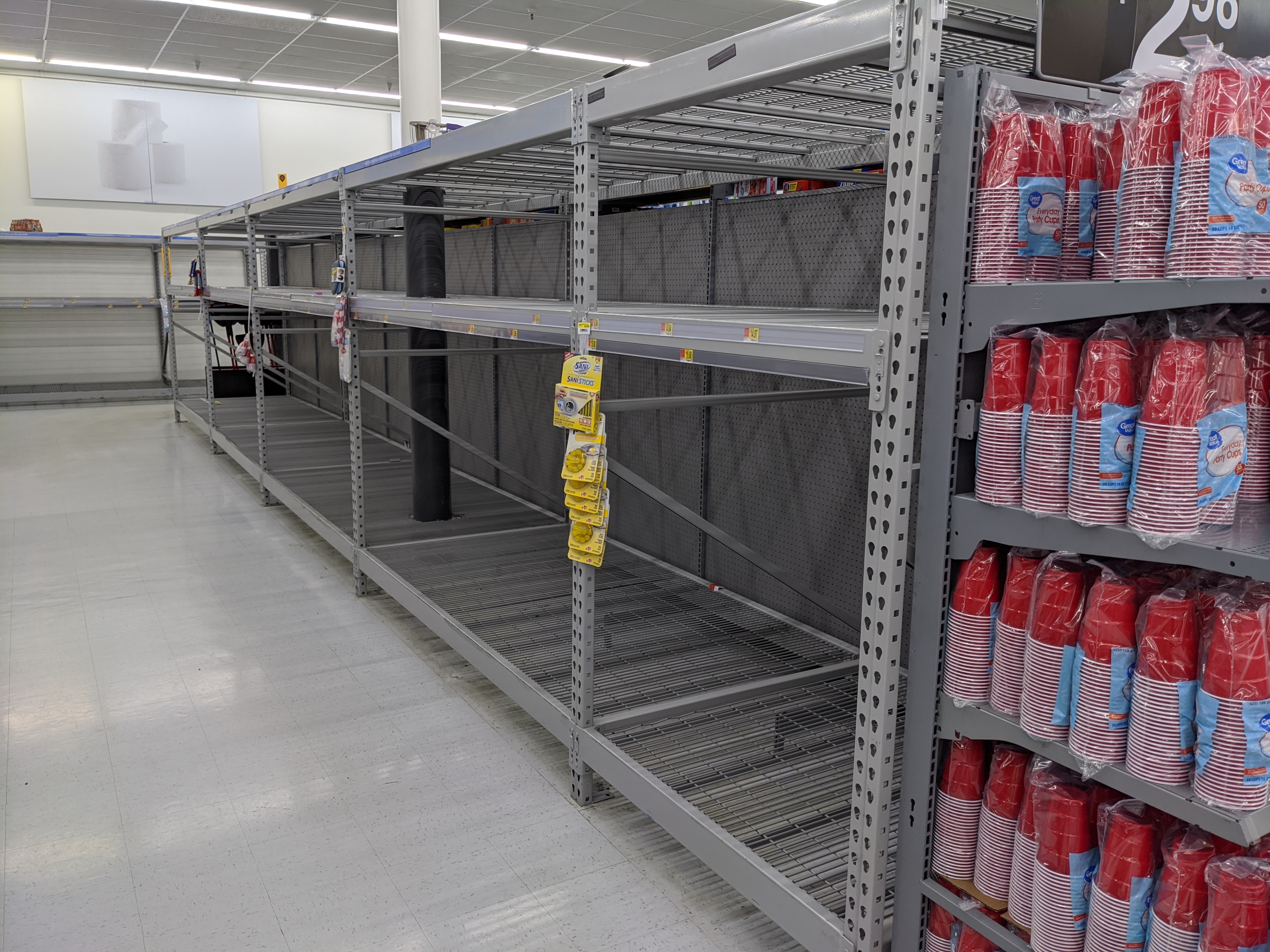Generally speaking, we don’t expect most meetings to be recorded. So for better or worse, what we say in a meeting does not become part of the permanent record.
Yet we have discovered that remote meetings follow different rules. Not everyone has access to a high quality internet connection. And some of our colleagues (or in my case, my students) may currently find themselves in a very different time zone.
Which means that, as a practical matter, we end up recording our remotely held meetings. And that means that there will be a permanent record of what we say in our meetings, whether we like it or not.
I wonder whether this will start to change the etiquette of what is said in a meeting, and how it is said. I also wonder whether that change will be a net positive or will be something that we will all come to regret.
I guess we will find out.
